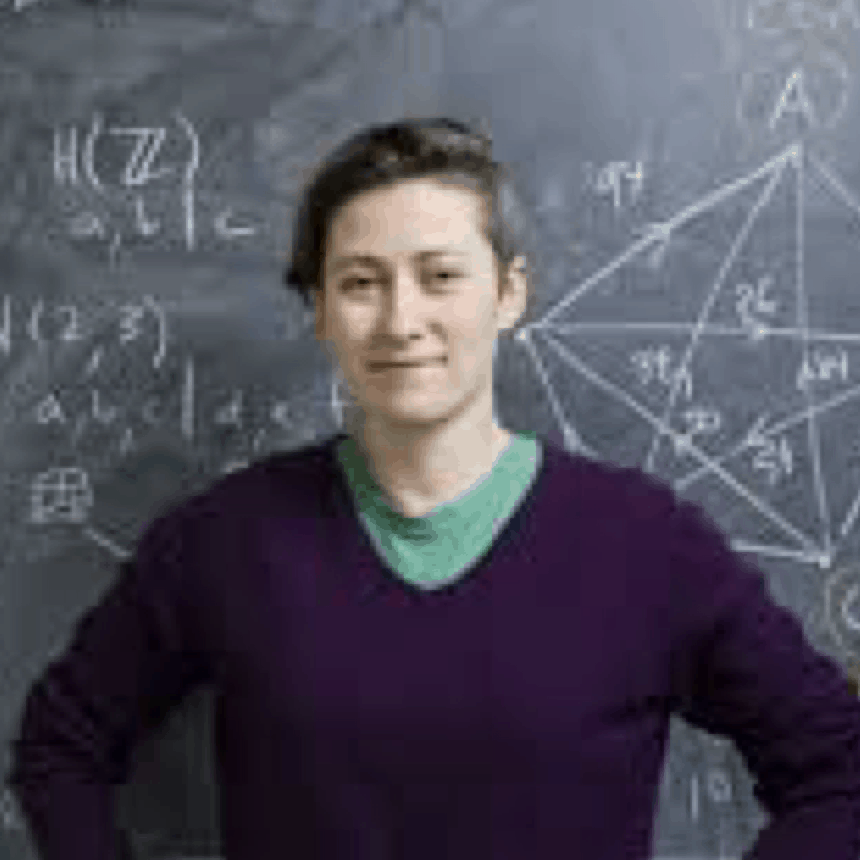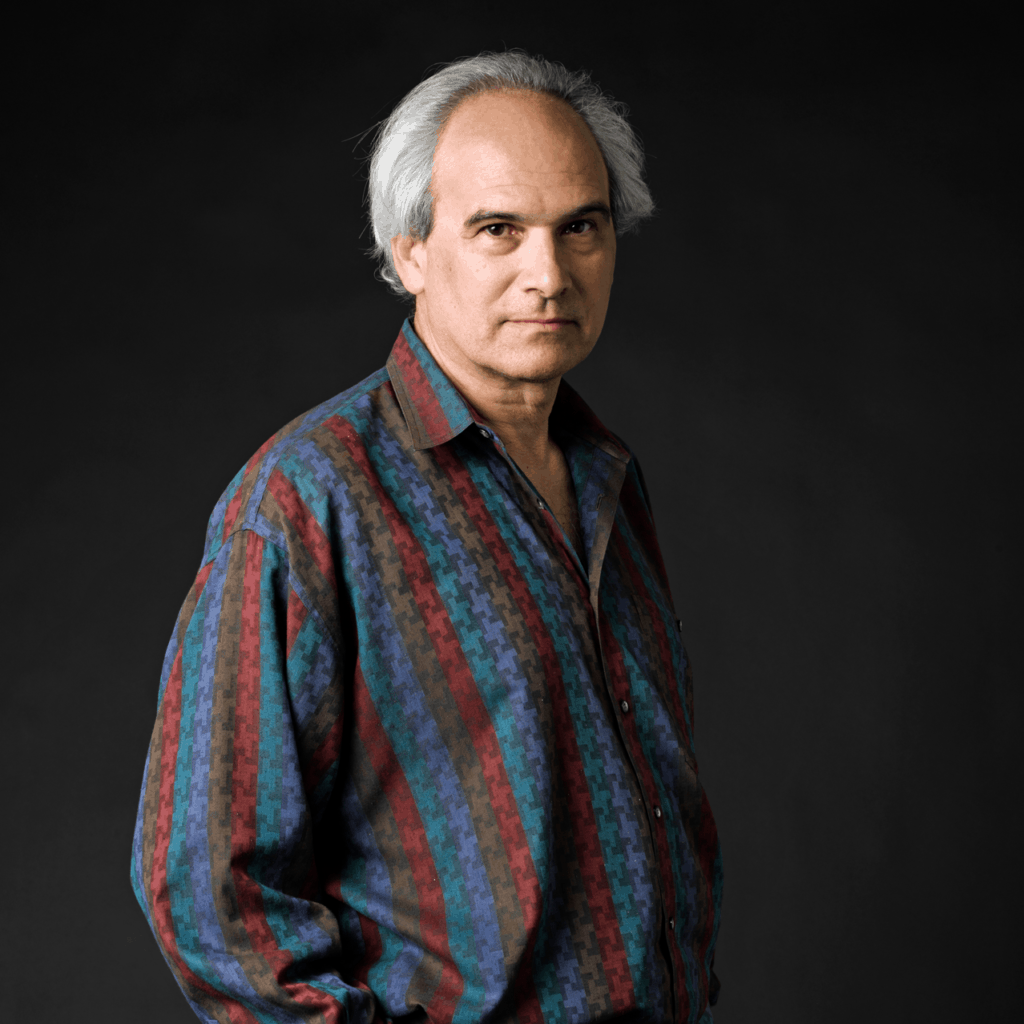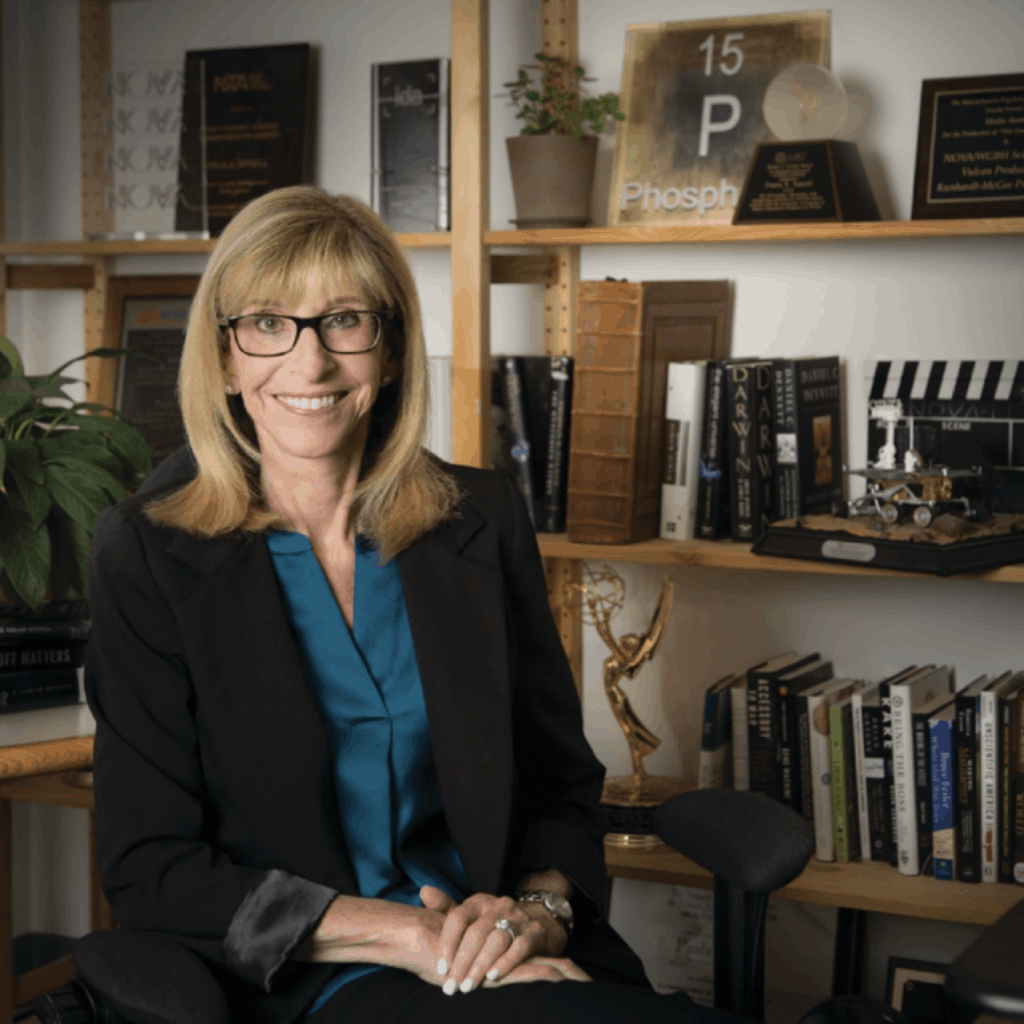G4G is pleased to announce three Featured Presenters for the 2021 Gathering conference. Each presenter will give two talks: one private talk as part of the regular programing of the conference for G4G attendees exclusively and one free talk open to the general public (no tickets needed).

Moon Duchin
Tufts University, Associate Professor of Mathematics
Moon’s Bio: Moon Duchin is an associate professor of mathematics at Tufts University and a historian of science. She founded the Metric Geometry and Gerrymandering Group to use geometry and computation to study gerrymandering, believing it to be a fundamental threat to democracy. She is a Fellow of the American Mathematical Society, and in 2018 was awarded a Guggenheim fellowship.
Public Presentation:
“Graphs, Geometry and Gerrymandering”
Location: TBA
Date: TBA
Time: TBA
G4G14 Program Talk:
“Redistricting and the Universe of Possibility”
(talk schedule TBA)

Mark Burstein
Lewis Carroll Society of North America (LCSNA)
Mark’s Bio: Mark Burstein is a lifelong Carrollian, a dire condition he inherited from his father, along with their world-class collection. A book editor by profession, over the years he had created, edited, or contributed to twenty-one books by or about Lewis Carroll, including updating, editing, and art directing Gardner’s The Annotated Alice for the “150th Anniversary Deluxe Edition” (W. W. Norton, 2015), and Alice’s Adventures in Wonderland illustrated by Salvador Dalí (Princeton, 2015). He has served the Lewis Carroll Society of North America (LCSNA) as its president, publications chair, and longtime editor of its magazine, Knight Letter. He also created and edited A Bouquet for the Gardner: Martin Gardner Remembered (LCSNA, 2011), among whose contributors are Douglas Hofstadter, David Singmaster, Raymond Smullyan, and many others.
Public Presentation:
“What IS It about Alice?”
Location: TBA
Date: TBA
Time: TBA
Abstract: How did a British children’s book written 150 years ago become the global icon it is today? In a wide-ranging, lushly illustrated, and humorous talk, Lewis Carroll expert Mark Burstein will discuss why Alice in Wonderland is the most quoted, the most widely illustrated, and among the most translated novels in the world. He’ll also explore Alice’s place in popular culture, with excursions into the life and times of Carroll and the real-life Alice.
G4G14 Program Talk:
“A Literary Englishman and the Scientific American: Lewis Carroll’s Appearances in ‘Mathematical Games”
Location/Date/Time: Open to G4G14 Conference Attendees Only
(talk schedule TBA)

Paula Apsell
Senior Executive Producer Emerita NOVA
Paula’s Bio: Paula S. Apsell got her start in broadcasting at WGBH Boston, found her way to WGBH Radio, and later became a radio news producer. In 1975, she joined WGBH’s NOVA, a science documentary series that has set the standard for science programming on television, producing documentaries on subjects as varied as artificial intelligence, genetic engineering, and aviation safety. In 1985, she became Senior Executive Producer at NOVA, where her roles included serving as Director of the WGBH Science Unit for 33 years. Apsell is a Fellow of the American Association for the Advancement of Science.
Public Presentation:
“The Art of Science Communication”
Location: TBA
Date: TBA
Time: TBA
Abstract: How do you tell stories about science? Paula Apsell, who headed PBS’s acclaimed NOVA series for decades, will discuss the art of science communication on television and online. She will share how complex scientific ideas are made not only accessible, but compelling to a wide range of viewers, at a time when rampant science denial is posing an existential threat to humanity.
G4G14 Program Talk:
“Science, History and Truth”
Location/Date/Time: Open to G4G14 Conference Attendees Only
(talk schedule TBA)
